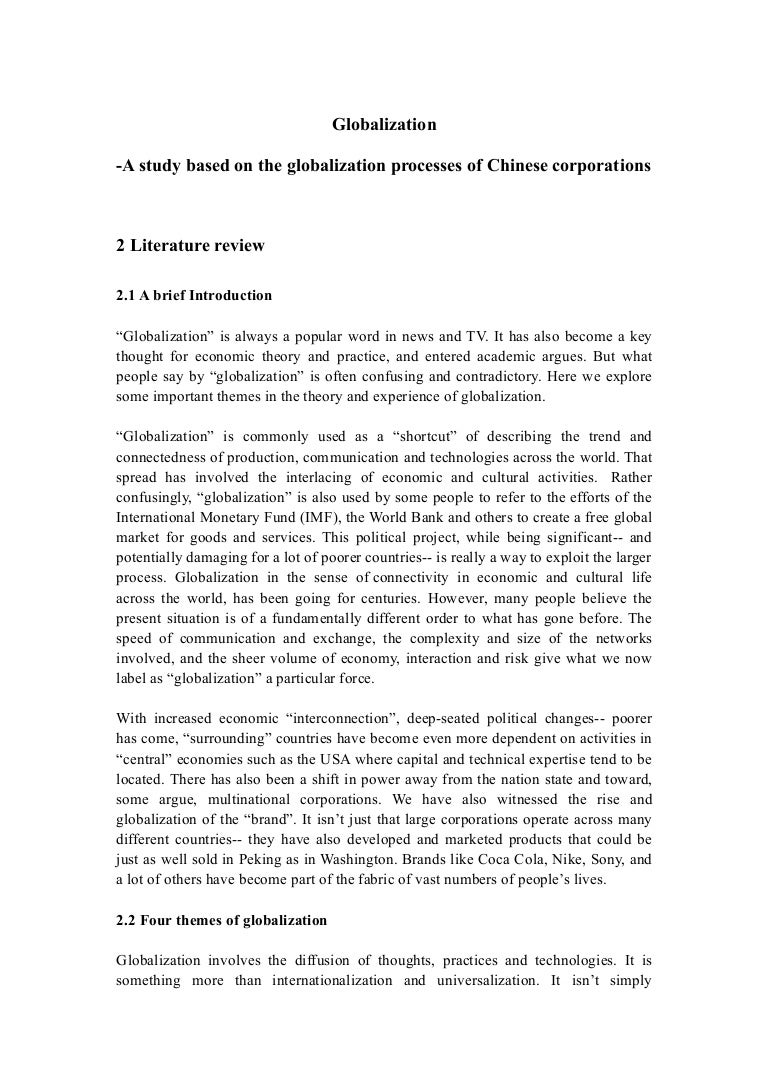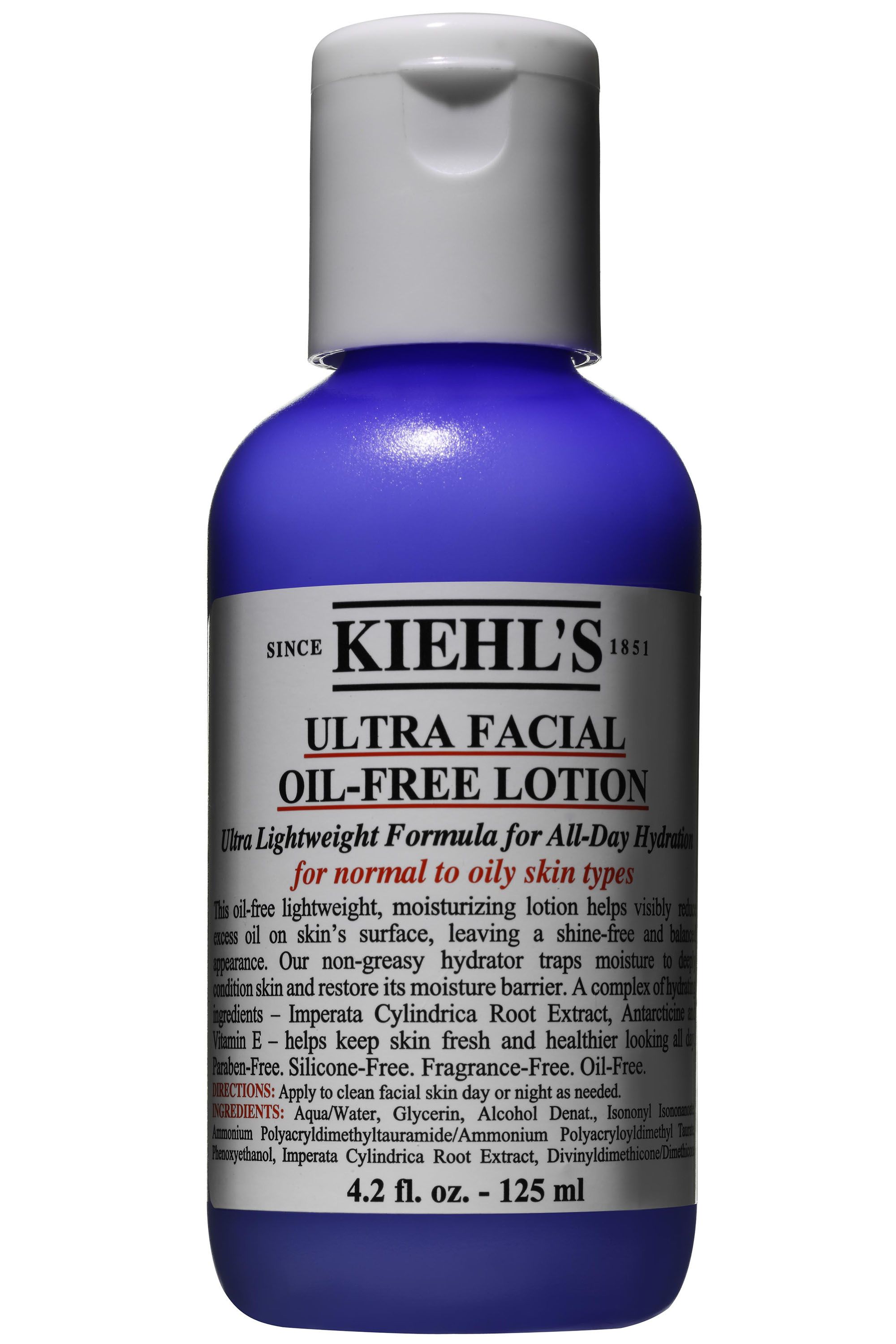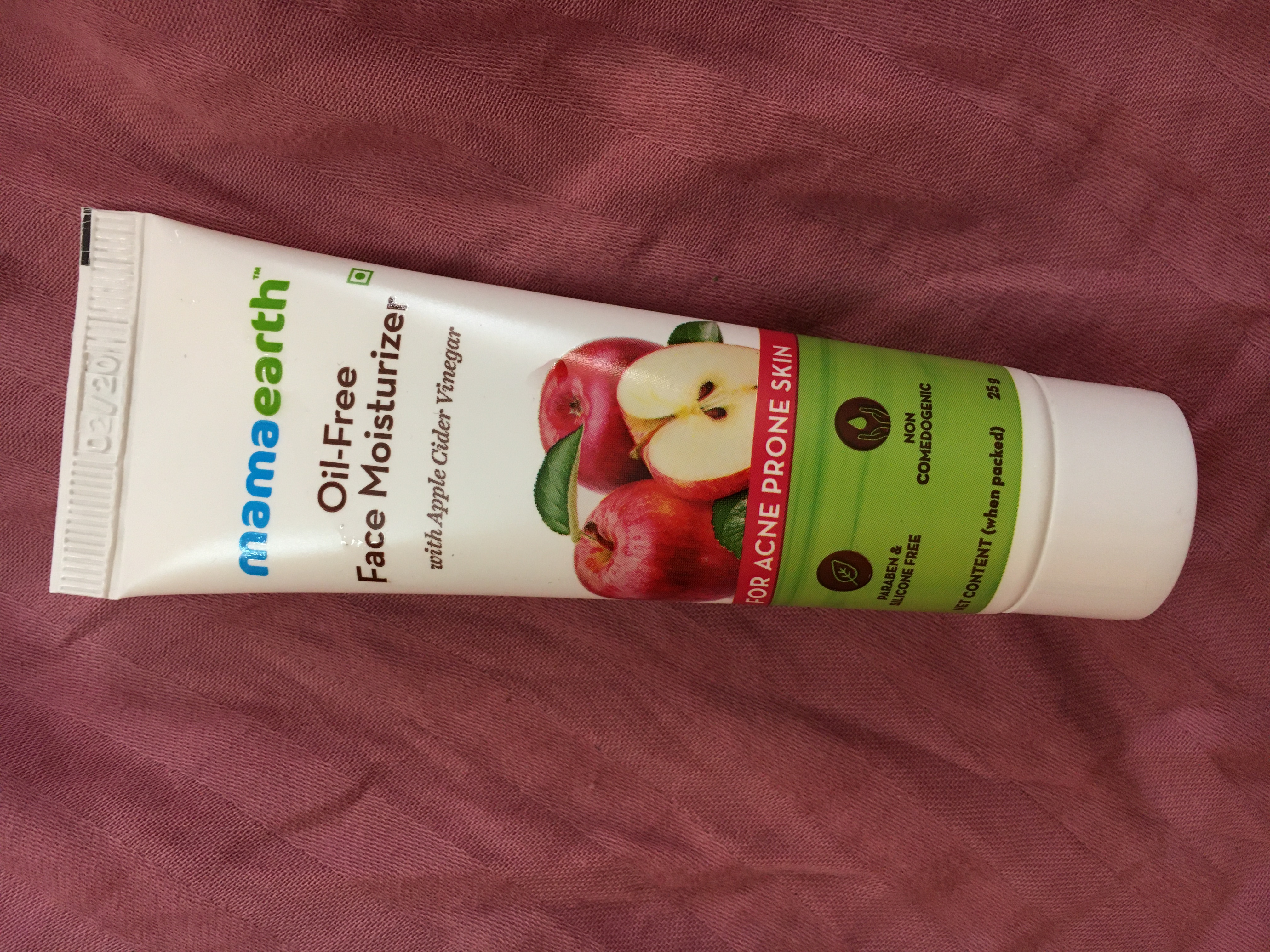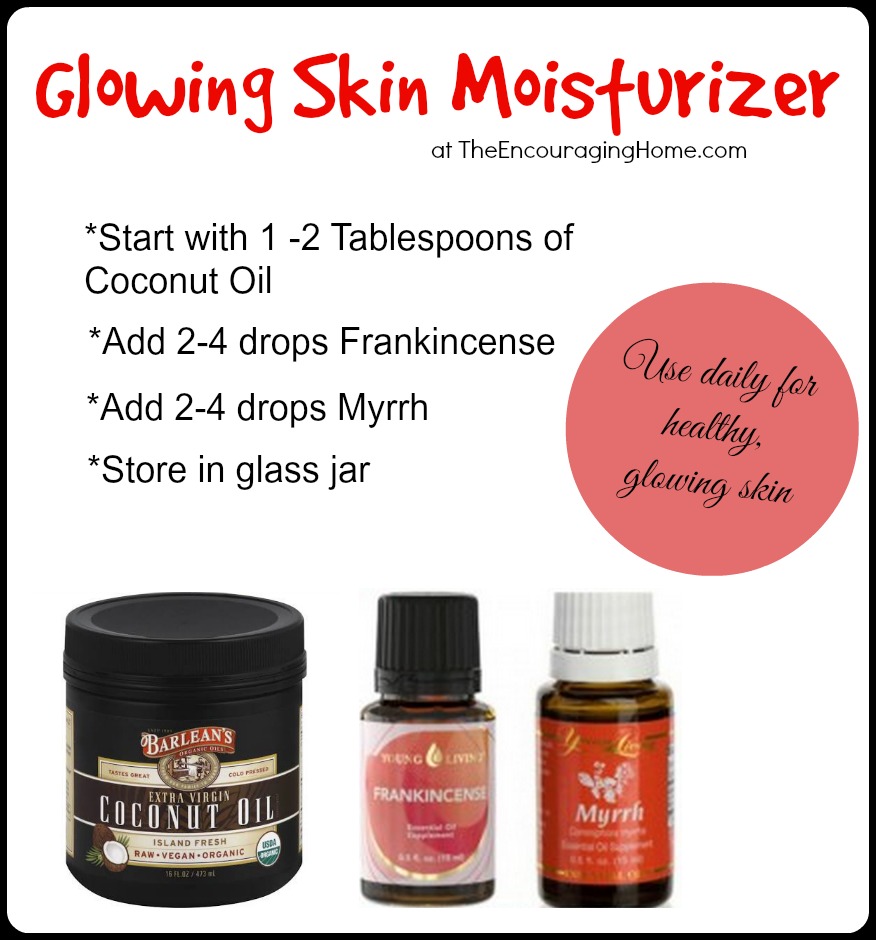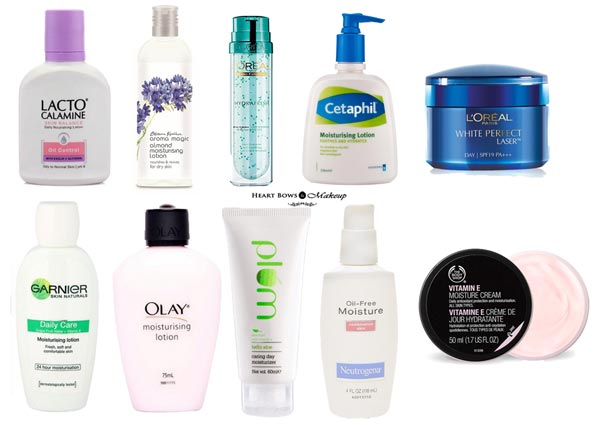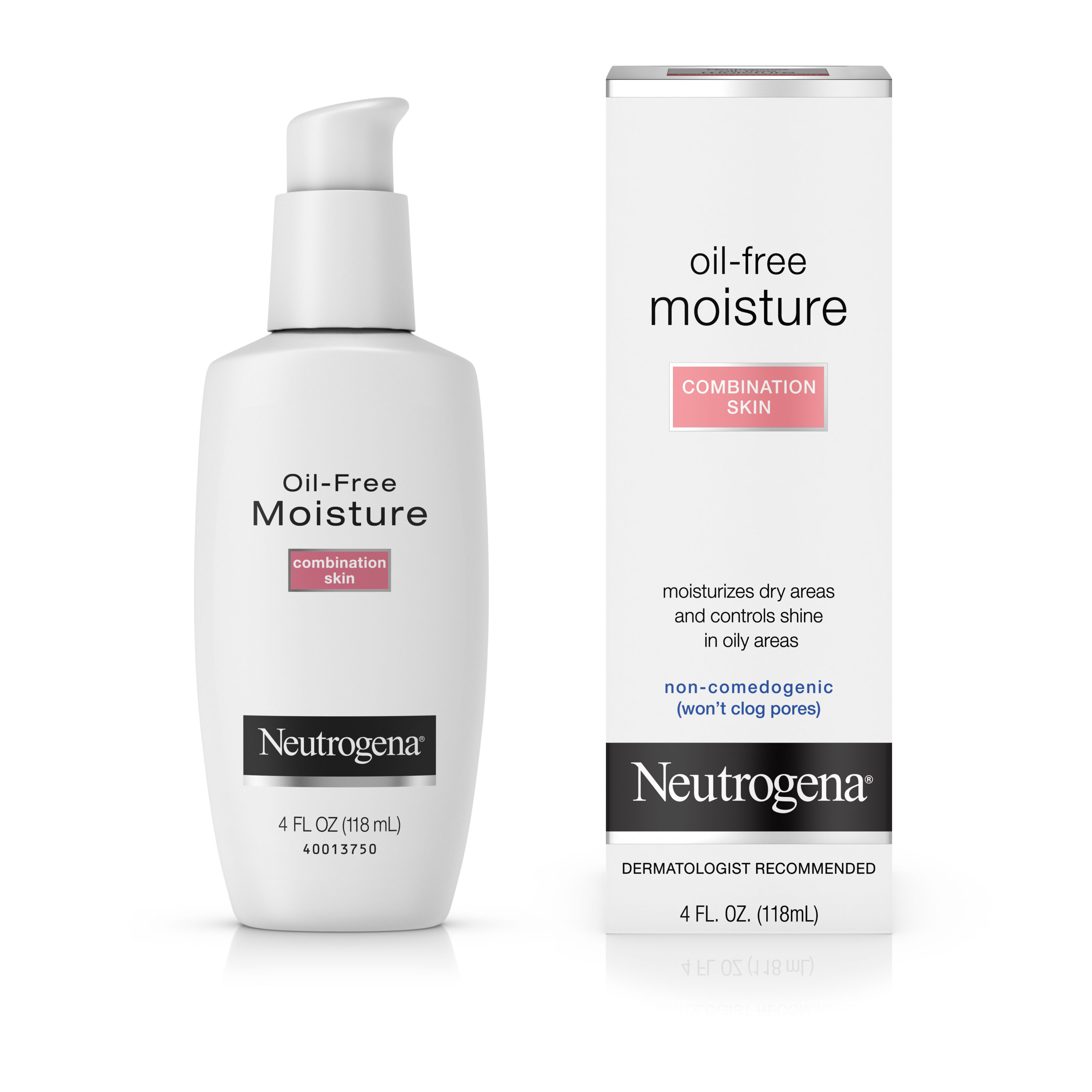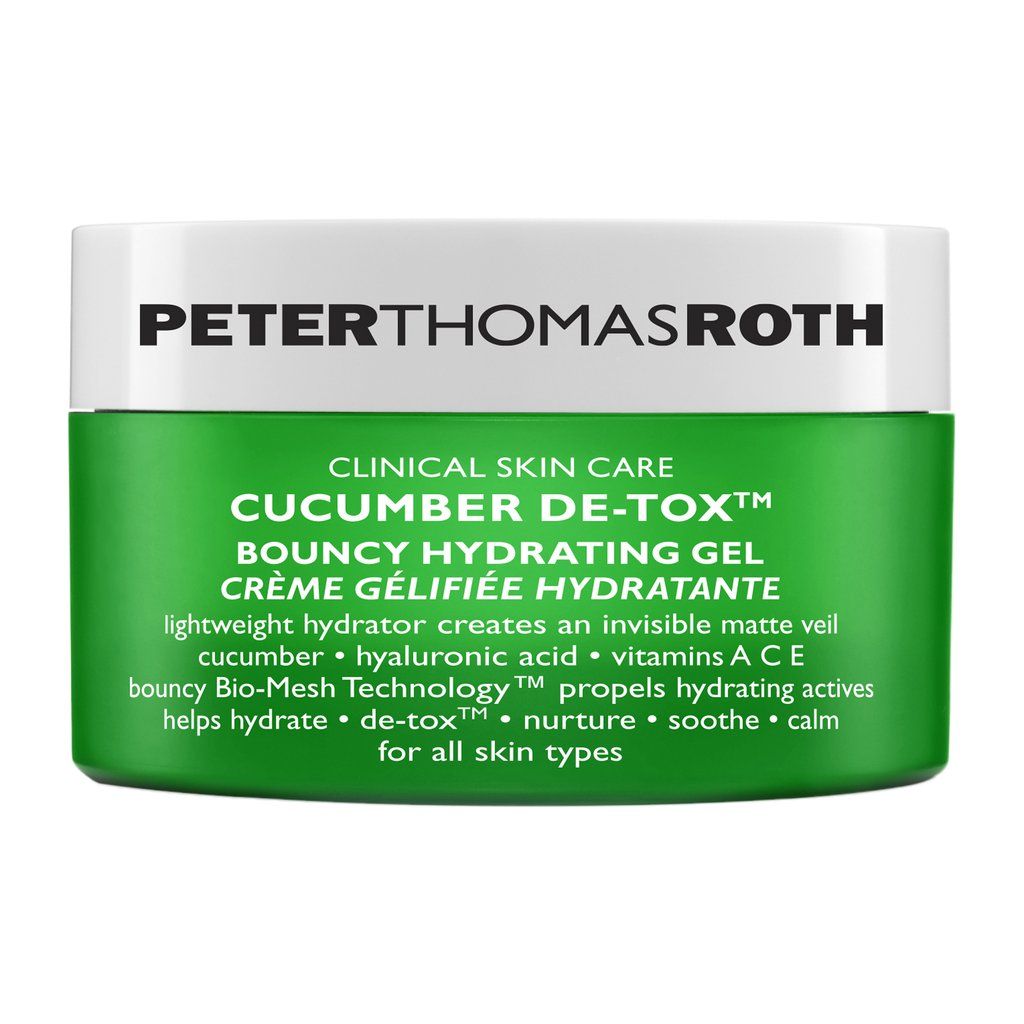Guiding concept may be research objective, problem statement, thesis statement, etc. What do we mean when we say it is "not a basic summative report? " – you should not just go article by article and simply write short descriptions of each article.
A literature review is meant to be the product of more advanced study. Your final review needs to show that you analyzed the literature critically and organized each piece you include within a theme or argument. These two steps will be combined to make the process more understandable and more quickly usable in the time we have available.
How To Write Literature Review In Research Paper If you are confused, be sure and ask for clarification on your assignment from your professor. Discussions with your professor outside of class can also result in identification of topics you did not think of.Talking about your ideas can help you clarify your thoughts. If you can't explain your topic to someone in a coupld of sentences, you have not focused it enough.Academic journals, blogs, listservs, and associations are great places to look for topic ideas. Looking for what's hot in your discipline can help you identify topics that will be of interest to other researchers, where there are gaps in the literature, and areas that are likely to have current research available. If you are interested in getting your research published, scanning the professional environment in your area can be especially useful.Focus focusfocus!
You will probably be refining your topic as you search the literature and develop your lit review, BUT you should still start with as focused a topic as possible. This will save you time and help you write a more focused, cogent review.If you are doing the literature review for your dissertation, selecting a topic is a much bigger issue that we have time to cover here. Again, I would advise you speak with your professor, but there are also a lot of books available in the library about topic selection and refinement. All academic disciplines have their own vocabulary that is sometimes difficult for students to understand at first. When you use the databases and are reading the literature in your field, pay attention to what terminology is used – what words are the authors using to describe concepts? These are the words you need to use when you search the databases.
If you are not getting results relevant for your research topic, you are probably not using the best keywords for your search.` ` `` ` Remember this is an ongoing process. You should continue to monitor the literature at every step in the research process. We often don't think of literature reviews in terms of arguments. When beginning your lit review, analyze the type of data needed to answer your research question. Knowing the type of claim needed to answer your research question will let you know the kinds of arguments you need to be looking for as you gather and analyze the literature.
When appropriately conducted, review articles represent powerful information sources for practitioners looking for state-of-the art evidence to guide their decision-making and work practices (Paré et al., 2015). Further, high-quality reviews become frequently cited pieces of work which researchers seek out as a first clear outline of the literature when undertaking empirical studies (Cooper, 1988; Rowe, 2014). The reason for their popularity may be the fact that reading the review enables one to have an overview, if not a detailed knowledge of the area in question, as well as references to the most useful primary sources (Cronin et al., 2008). Although they are not easy to conduct, the commitment to complete a review article provides a tremendous service to one's academic community (Paré et al., 2015; Petticrew & Roberts, 2006). Most, if not all, peer-reviewed journals in the fields of medical informatics publish review articles of some type.
Despite these criticisms, this type of review can be very useful in gathering together a volume of literature in a specific subject area and synthesizing it. As mentioned above, its primary purpose is to provide the reader with a comprehensive background for understanding current knowledge and highlighting the significance of new research (Cronin et al., 2008). Faculty like to use narrative reviews in the classroom because they are often more up to date than textbooks, provide a single source for students to reference, and expose students to peer-reviewed literature (Green et al., 2006).
For researchers, narrative reviews can inspire research ideas by identifying gaps or inconsistencies in a body of knowledge, thus helping researchers to determine research questions or formulate hypotheses. Importantly, narrative reviews can also be used as educational articles to bring practitioners up to date with certain topics of issues (Green et al., 2006). We must stress that this classification scheme does not privilege any specific type of review as being of higher quality than another (Paré et al., 2015). As explained above, each type of review has its own strengths and limitations. Having said that, we realize that the methodological rigour of any review — be it qualitative, quantitative or mixed — is a critical aspect that should be considered seriously by prospective authors.
In the present context, the notion of rigour refers to the reliability and validity of the review process described in section 9.2. For one thing, reliability is related to the reproducibility of the review process and steps, which is facilitated by a comprehensive documentation of the literature search process, extraction, coding and analysis performed in the review. Next, validity characterizes the degree to which the review process was conducted appropriately. In short, the rigour of any review article is reflected by the explicitness of its methods (i.e., transparency) and the soundness of the approach used.
We refer those interested in the concepts of rigour and quality to the work of Templier and Paré which offers a detailed set of methodological guidelines for conducting and evaluating various types of review articles. As shown in Table 9.1, each review type addresses different kinds of research questions or objectives, which subsequently define and dictate the methods and approaches that need to be used to achieve the overarching goal of the review. For example, in the case of narrative reviews, there is greater flexibility in searching and synthesizing articles (Green et al., 2006). Researchers are often relatively free to use a diversity of approaches to search, identify, and select relevant scientific articles, describe their operational characteristics, present how the individual studies fit together, and formulate conclusions. Hence, in order to select the most appropriate type of review, it is critical to know before embarking on a review project, why the research synthesis is conducted and what type of methods are best aligned with the pursued goals. 'The literature' consists of the published works that document a scholarly conversation in a field of study.
You will find, in 'the literature,' documents that explain the background of your topic so the reader knows where you found loose ends in the established research of the field and what led you to your own project. Although your own literature review will focus on primary, peer-reviewed resources, it will begin by first grounding yourself in background subject information generally found in secondary and tertiary sources such as books and encyclopedias. Once you have that essential overview, you delve into the seminal literature of the field. As a result, while your literature review may consist of research articles tightly focused on your topic with secondary and tertiary sources used more sparingly, all three types of information are critical to your research.
In contrast with narrative reviews, descriptive reviews follow a systematic and transparent procedure, including searching, screening and classifying studies (Petersen, Vakkalanka, & Kuzniarz, 2015). Indeed, structured search methods are used to form a representative sample of a larger group of published works (Paré et al., 2015). In doing so, a descriptive review may claim that its findings represent the state of the art in a particular domain (King & He, 2005). As mentioned earlier, when rigorously conducted review articles represent powerful information sources for eHealth scholars and practitioners looking for state-of-the-art evidence. The typology of literature reviews we used herein will allow eHealth researchers, graduate students and practitioners to gain a better understanding of the similarities and differences between review types. Use a variety of resources - locate books, journals, and documents that contain useful information and ideas on your topic.
Internet sites, theses & dissertations, conference papers, ePrints and government or industry reports can also be included. Do not rely solely on electronic full-text material which is more easily available. Reference sources such as dictionaries can assist in defining terminology, and encyclopaedias may provide useful introductions to your topic by experts in the field and will list key references.
Scholarly, academic, and scientific publications are a collections of articles written by scholars in an academic or professional field. Most journals are peer-reviewed or refereed, which means a panel of scholars reviews articles to decide if they should be accepted into a specific publication. Journal articles are the main source of information for researchers and for literature reviews.
Table 9.1 outlines the main types of literature reviews that were described in the previous sub-sections and summarizes the main characteristics that distinguish one review type from another. It also includes key references to methodological guidelines and useful sources that can be used by eHealth scholars and researchers for planning and developing reviews. Scoping literature review, as implied by its name is used to identify the scope or coverage of a body of literature on a given topic.
In a larger piece of written work, such as a dissertation or project, a literature review is usually one of the first tasks carried out after deciding on a topic. Reading combined with critical analysis can help to refine a topic and frame research questions. A literature review establishes familiarity with and understanding of current research in a particular field before carrying out a new investigation. Conducting a literature review should enable you to find out what research has already been done and identify what is unknown within your topic. In recent years, the number of systematic reviews in the field of health informatics has increased considerably. Systematic reviews with discordant findings can cause great confusion and make it difficult for decision-makers to interpret the review-level evidence .
Therefore, there is a growing need for appraisal and synthesis of prior systematic reviews to ensure that decision-making is constantly informed by the best available accumulated evidence. Umbrella reviews generally adhere to the same principles and rigorous methodological guidelines used in systematic reviews. However, the unit of analysis in umbrella reviews is the systematic review rather than the primary study (Becker & Oxman, 2008). Unlike systematic reviews that have a narrow focus of inquiry, umbrella reviews focus on broader research topics for which there are several potential interventions (Smith, Devane, Begley, & Clarke, 2011). The literature review is not merely a simple compilation or a list of every item and resource with any possible relation to your topic.
A good literature review is a critical appraisal of narrowly focused, selected and truly relevant work that provides the current status of the topic. This presentation basically is a brief guide on the process of doing and writing a literature review for a thesis, research proposal, research paper, etc. Kitsiou, Paré, and Jaana provide an example of a critical review that assessed the methodological quality of prior systematic reviews of home telemonitoring studies for chronic patients.
The authors conducted a comprehensive search on multiple databases to identify eligible reviews and subsequently used a validated instrument to conduct an in-depth quality appraisal. Results indicate that the majority of systematic reviews in this particular area suffer from important methodological flaws and biases that impair their internal validity and limit their usefulness for clinical and decision-making purposes. To this end, they provide a number of recommendations to strengthen knowledge development towards improving the design and execution of future reviews on home telemonitoring.
It is unrealistic to expect that all these disparate actors will have the time, skills, and necessary resources to identify the available evidence in the area of their expertise and consider it when making decisions. Systematic reviews that involve the rigorous application of scientific strategies aimed at limiting subjectivity and bias (i.e., systematic and random errors) can respond to this challenge. The narrative review is the "traditional" way of reviewing the extant literature and is skewed towards a qualitative interpretation of prior knowledge (Sylvester et al., 2013).
Put simply, a narrative review attempts to summarize or synthesize what has been written on a particular topic but does not seek generalization or cumulative knowledge from what is reviewed (Davies, 2000; Green et al., 2006). Instead, the review team often undertakes the task of accumulating and synthesizing the literature to demonstrate the value of a particular point of view (Baumeister & Leary, 1997). As such, reviewers may selectively ignore or limit the attention paid to certain studies in order to make a point. In this rather unsystematic approach, the selection of information from primary articles is subjective, lacks explicit criteria for inclusion and can lead to biased interpretations or inferences (Green et al., 2006).
There are several narrative reviews in the particular eHealth domain, as in all fields, which follow such an unstructured approach (Silva et al., 2015; Paul et al., 2015). Our classification scheme is largely inspired from Paré and colleagues' typology. Below we present and illustrate those review types that we feel are central to the growth and development of the eHealth domain. The second form of literature review, which is the focus of this chapter, constitutes an original and valuable work of research in and of itself (Paré et al., 2015).
Rather than providing a base for a researcher's own work, it creates a solid starting point for all members of the community interested in a particular area or topic . The so-called "review article" is a journal-length paper which has an overarching purpose to synthesize the literature in a field, without collecting or analyzing any primary data (Green, Johnson, & Adams, 2006). The most prevalent one is the "literature review" or "background" section within a journal paper or a chapter in a graduate thesis. This section synthesizes the extant literature and usually identifies the gaps in knowledge that the empirical study addresses (Sylvester, Tate, & Johnstone, 2013).
Scholarly journals provider articles of interest to experts or researchers in a discipline. An editorial board of respected scholars reviews all articles submitted to a journal. They decide if the article provides a noteworthy contribution to the field and should be published. There are typically few little or no advertisements.
Articles published in scholarly journals will include a list of references. Then, spend no more than a minute contextualizing your research questions and project within the literature. Don't make the mistake of spending too much time reviewing what others have written about your topic. You just want to illustrate the fact that your work contributes to existing research in the field. People don't come to conferences to hear literature reviews, they want new information and mind-blowing findings. They want to see the real implications of the findings to the global challenges at hand.
Unlike other review types, critical reviews attempt to take a reflective account of the research that has been done in a particular area of interest, and assess its credibility by using appraisal instruments or critical interpretive methods. In this way, critical reviews attempt to constructively inform other scholars about the weaknesses of prior research and strengthen knowledge development by giving focus and direction to studies for further improvement . Unlike narrative and descriptive reviews, the whole point of scoping the field is to be as comprehensive as possible, including grey literature (Arksey & O'Malley, 2005). Inclusion and exclusion criteria must be established to help researchers eliminate studies that are not aligned with the research questions.
It is also recommended that at least two independent coders review abstracts yielded from the search strategy and then the full articles for study selection (Daudt et al., 2013). The synthesized evidence from content or thematic analysis is relatively easy to present in tabular form (Arksey & O'Malley, 2005; Thomas & Harden, 2008). In the fields of health sciences and medical informatics, reviews that focus on examining the range, nature and evolution of a topic area are described by Anderson, Allen, Peckham, and Goodwin as mapping reviews. Like descriptive reviews, the research questions are generic and usually relate to publication patterns and trends.
There is no preconceived plan to systematically review all of the literature although this can be done. Instead, researchers often present studies that are representative of most works published in a particular area and they consider a specific time frame to be mapped. For example, "video games" AND "literature reviews" could be a possible search that you could try. 'The literature' is published in books, journal articles, conference proceedings, theses and dissertations.
It can also be found in newspapers, encyclopedias, textbooks, as well as websites and reports written by government agencies and professional organizations. While these formats may contain what we define as 'the literature', not all of it will be appropriate for inclusion in your own literature review. The purpose of this section is to argue how you anticipate that your research will refine, revise, or extend existing knowledge in the area of your study. Depending upon the aims and objectives of your study, you should also discuss how your anticipated findings may impact future research.
For example, is it possible that your research may lead to a new policy, theoretical understanding, or method for analyzing data? What might your study mean for future practitioners working in the field? How might your study contribute to social, economic or environmental issues? While it is important to think about and discuss possibilities such as these, it is equally important to be realistic in stating your anticipated findings.
















